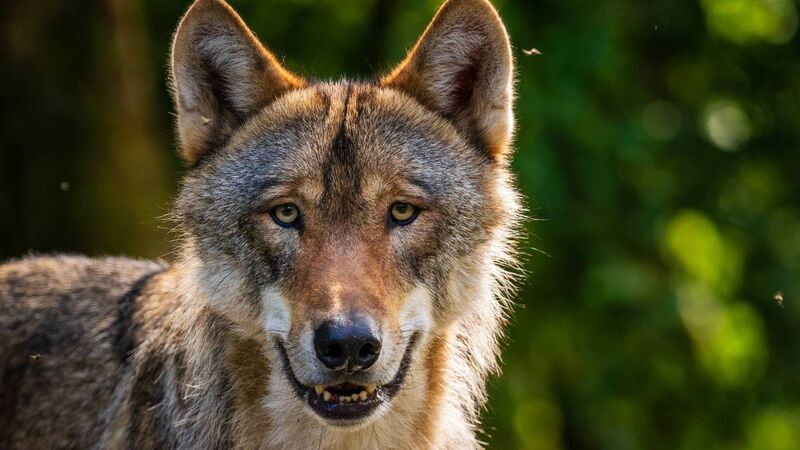When it comes to climate action, politicians can't see the wolves from the trees

Wolves play a crucial role in maintaining healthy ecosystems and biodiversity by regulating prey populations, which can lead to a more balanced and diverse ecosystem. Picture: John Wall
“I think the people of this country have had enough of experts,” British Conservative MP Michael Gove famously said during the Brexit debate, as he dismissed concerns about the potential downside impacts of leaving the EU.













